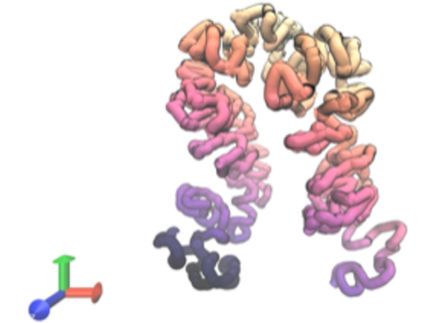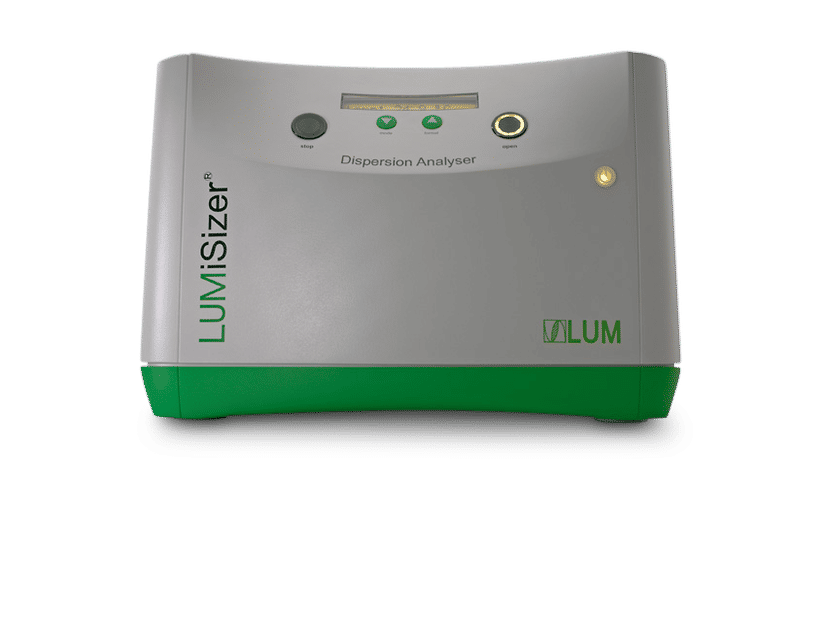Effective through AI in Transplantation Medicine: New Prediction Models for Disease Progression
Project network provides IT platform for clinical data integration, model development and validation
If radiation or chemotherapy treatment of leukaemias or lymphomas does not bring sufficient success, the transplantation of bone marrow or blood stem cells is usually the only chance of cure. Unfortunately, the majority of patients die despite transplantation, often due to spontaneous infections, transplant versus recipient reactions and recurrences. New predictive models for the individual course of disease, as developed in the "XplOit" research project, predict the occurrence and extent of these risks and thus enable transplantation physicians to intervene at an early stage to save lives in dreaded complications.

The necessary immunosuppression during stem cell transplantation can also reactivate latent virus infections present in the recipient and cause severe complications. The most common viral complication after allogeneic stem cell transplantation is reactivation of the cytomegalovirus (CMV) in up to 70% of cases. Only a very early detection of viral replication and thus a quick start of therapy can prevent life-threatening CMV organ complications.
© AdobeStock_107750476
Presentation of research results at the annual meeting of the European Society for Blood and Bone Marrow Transplantation
The new data integration, model development and validation platform "XplOit", which is provided by a project network under the leadership of the Fraunhofer Institute for Biomedical Engineering IBMT, facilitates the development and verification of these prediction models. The platform prepares data sets in such a way that they can be used for systems medicine research. Through effective predictive models for complications after stem cell transplantation, the joint project "XplOit" creates the basis for the future use of artificial intelligence (AI) in transplantation medicine. The "XplOit" consortium will present its project results on March 25 at the 45th Annual Meeting of the European Society for Blood and Marrow Transplantation in Frankfurt, Germany. The first predictive AI models for allogeneic stem cell therapy provide sustainable results and will be presented at a workshop together with the "XplOit" platform.
New and effective prediction models
The "XplOit" platform has been tailored over the last 3 years for the development and validation of predictive models to improve treatment after stem cell transplantation. The transplantation of haematopoietic stem cells from donors is used, for example, for the treatment of various forms of leukaemia. Disease relapses are feared. The first precise prediction models, which individually predict possible complications for each patient, will be available in the "XplOit" platform in 2019. This will enable life-threatening complications to be identified more quickly and treated earlier than today, such as the dreaded transplant vs. host reaction. Project coordinator Stephan Kiefer explains: "The comprehensive analysis of patient data creates for the first time the option for predicting individual disease progression. With the prototypes of the prediction models, we will enter clinical validation in March and refine our results."
The BMBF project "XplOit" facilitates and accelerates the time-consuming process of providing and combining clinical data, developing and validating models, and making them available for clinical use. A newly developed generation of advanced semantic data integration and information extraction tools makes this easier. Predictive models can help clinicians diagnose and treat their patients. To develop these mathematical predictive models, a wide variety of clinical patient data from the information systems must be collected, harmonized and analyzed on a large scale. In the present project "XplOit", data protection is ensured when dealing with personal and sensitive patient information. The complex prediction models obtained from the analysis of the data are first validated in the further course of the project and checked for their prediction accuracy before they can be used successfully in practice.
Partnership-based research for XplOit
The joint project "XplOit" is implemented by an internationally experienced, multidisciplinary team of experts from the fields of medicine, systems biology, computer linguistics as well as medical and bioinformatics. It is coordinated by the Fraunhofer Institute for Biomedical Engineering IBMT, which is in charge of the development of the "XplOit" platform and contributes core components to information extraction, integration and analysis. The Institute for Formal Ontologies and Medical Information Science at Saarland University is primarily responsible for the platform's semantic integration framework. The company Averbis contributes tools for information extraction from clinical text documentations. Computer scientists from the Department of Pediatric Oncology and Hematology at Saarland University are responsible for data protection and develop pseudonymization tools and the system's modelling workbench. The model development itself is carried out by the Medical Informatics Methods Department of the Eberhard-Karls-University Tübingen and the Clinical Pharmacy Department of the Saarland University. Clinical expertise and data are provided by the Clinic for Bone Marrow Transplantation and the Institute for Virology of the University Hospital Essen as well as by the Clinic for Internal Medicine I - Oncology, Hematology, Clinical Immunology, Rheumatology and the Institute for Virology of the University of Saarland. From March 2019, the clinical partners will validate the predictive models for stem cell transplantation developed with the help of the "XplOit" platform, coordinated by the Institute of Virology at Saarland University



























































